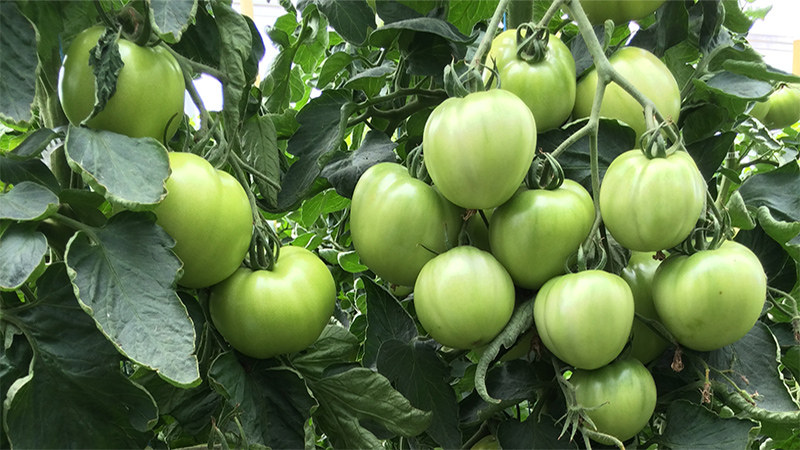Feeding the World Requires Access to Technology
Douglas Nelson, executive vice president, general counsel and secretary for CropLife America, focused on the world’s collective ability to feed a burgeoning world population, specifically on eliminating trade barriers that inhibit the spread of much needed agrochemical technologies to developing nations. Using US growers as an example, Nelson provided some telling data that showed the dramatic increases in yield brought about by the advent of crop protection technology.
Nelson asserted that comparative or absolute advantages for certain crops in certain geographies often foster trade barriers that undermine progress, and that we have to find ways to eliminate these political barriers in the interest of the greater good. “We need to make sure that this technology is exported around the world,” Nelson said, “so that farmers everywhere are able to satisfy the needs of a growing population.”
Nelson’s presentation also included updates on a few developing agreements. A discussion of the Trans-Pacific Partnership (TPP) in particular, drew quite a bit of interest from among attendees. Currently in negotiation, TPP includes the U.S., New Zealand, Singapore, Vietnam, Brunei, Australia, Peru and Chile. Nelson said the agreement appears to have quite a bit of potential, in part because of the absence of the European Union in negotiations. “The EU has proven to be a very difficult negotiating partner,” Nelson said.
His discussion ended on a congratulatory, if cautionary note: “The agrochemical industry can take great pride in what we have accomplished to date, but we have to remember that it’s always at risk.’






